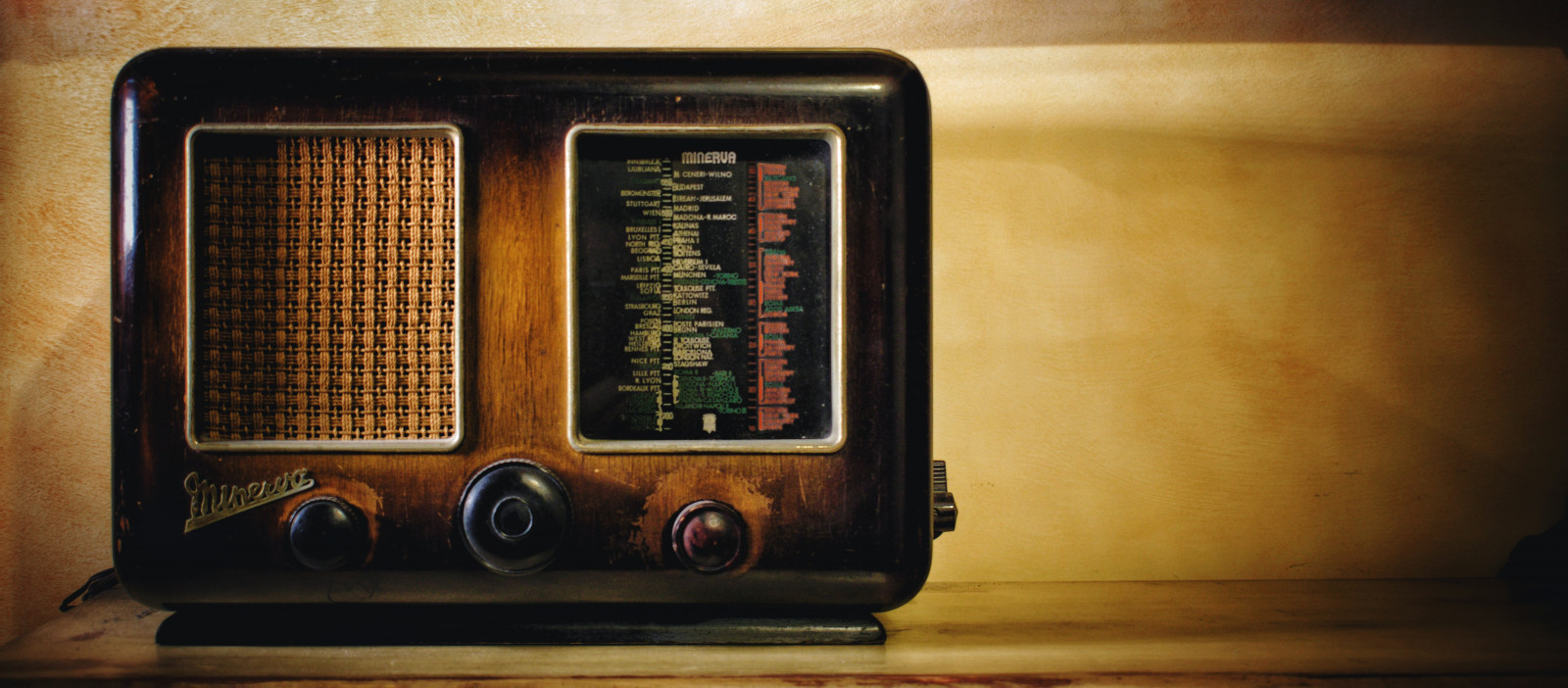What live in 2021 can learn from live in 1921

Photo: Alessandro Cerino

Nearly a hundred years ago in July 1921, the entertainment world changed forever thanks to the efforts of David Sarnoff, a Belarusian emigree to the US who headed up the Radio Corporation of America (RCA). Founded only two years earlier in 1919, Sarnoff was instrumental in persuading the RCA’s owners that the future of radio lay in its potential as point-to-mass, rather than point-to-point, i.e. one person (the broadcaster) could speak to many (the listeners). Up to this point radio had been perceived primarily as a communications tool, not as an entertainment platform.
To help build his case, Sarnoff was instrumental in arranging for the live broadcast of a heavyweight boxing match between Jack Dempsey and Georges Carpentier. The match was held on July 2nd, 1921, in Long Island in a venue with an 80,000 capacity. RCA’s historic broadcast was heard by an estimated audience of 300,000. In an instant Sarnoff created a whole new entertainment reality for consumers, alongside creating both the first live sports broadcast and a whole business ecosystem around the broadcasting of live events. Suddenly the addressable audience for live sports increased nearly fourfold and fans who would never have had the opportunity to see a sporting event in person were able to enjoy the live fight from the comfort of their living rooms.
Back to the future post-pandemic does not mean a return to pre-pandemic normality
A hundred years on and the entertainment world is at a similar inflection point. The long previous 12 months of COVID-enforced social isolation has paused the ‘in real life’ (IRL) entertainment options of the pre-pandemic world. This led to the COVID bounce of a 12% increase in digital entertainment time as consumers actively sought out new digital entertainment solutions to the challenges of managing a home-bound lifestyle. As the global vaccination programme rolls out, the return to IRL alternatives threatens to undermine newly-learnt consumer behaviours.
Featured Report
India market focus A fandom and AI-forward online population
Online Indian consumers are expected to be early movers. They are high entertainment consumers, AI enthusiasts, and high spenders – especially on fandom. This report explores a population that is an early adopter, format-agnostic, mobile-first audience, with huge growth potential.
Find out more…For the music industry, which saw its entire live sector cease to operate, the relief at returning to the live concert format is tempered by the potential negative impact on the booming virtual concert revolution of 2020/21 which has brought the intimacy and creative uniqueness of the live concert format into the homes of millions. Sarnoff’s 1921 engagement revolution suggest that instead of seeing a return to the past, we are instead poised to move into brand new consumer engagement territory.
History does not repeat itself, but it can rhyme
Live sports broadcasting has enabled billions to view events such as the Olympics and the Football World Cup, far beyond the seating constraints of the actual event venues. In doing so they have created a new entertainment experience, which has both enriched consumer lives and the businesses of those delivering and selling access to those audiences. In the same way that the majority of FC Barcelona fans live outside Barcelona and will likely never have the opportunity to see their club play in person, yet regularly watch live coverage of their matches, virtual concerts are now poised to do the same for music artists with global reach. Now that remote audiences have become attuned to the privilege of enjoying the live concert experience in a way that was physically or financially beyond them otherwise, the demand for a new way of engaging with music will remain.
The post-pandemic virtual concert future is poised to be as transformational for the music industry as radio was for sports 100 years ago. The only scarce commodity in the digital era is after all the live, transitory experience. If live virtual concerts can encapsulate that value proposition to consumers as effectively as RCA did 100 years ago, then the digital entertainment ecosystem is set for yet another seismic shift that will outlive the current pandemic -imposed IRL hiatus.

The discussion around this post has not yet got started, be the first to add an opinion.